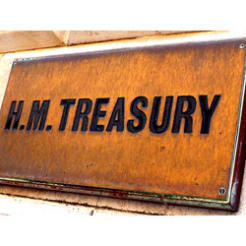The rise in Capital Gains Tax announced in the emergency Budget could have a positive impact on philanthropy if wealthy individuals seek to avoid paying the higher rate by gifting more assets to charities.
Neil Simpson, commercial partner at accountancy firm haysmacintyre, told Civil Society that the rise in CGT for higher-rate taxpayers from 18 per cent to 28 per cent would only enhance the value of the exemption donors receive when they give assets to charity, so could encourage more philanthropy amongst the rich.
“Some assets qualify for the exemption from Capital Gains Tax and for gift aid, and if your asset falls within those favoured classes then it makes donating even more attractive,” he said.
Now that CGT is linked to income tax, it may encourage people who haven’t previously given to charity, to do so, he said.
Basic-rate taxpayers, who make up more than half of all those subject to CGT, will continue to pay at the existing rate of 18 per cent, the government announced. The first £10,100 will still be exempt.
Entrepreneurs would see their first £5m of lifetime gains exempted from the tax, up from £2m, and beyond that the rate would remain at 10 per cent.
John Low, chief executive of Charities Aid Foundation, added: “The increase in Capital Gains Tax to 28 percent for higher rate tax payers could renew interest in share giving to charity. At the moment share giving is worth around £100m a year, but previous research undertaken by CAF suggests that only one in five are aware of this highly tax-effective method of donating.”









